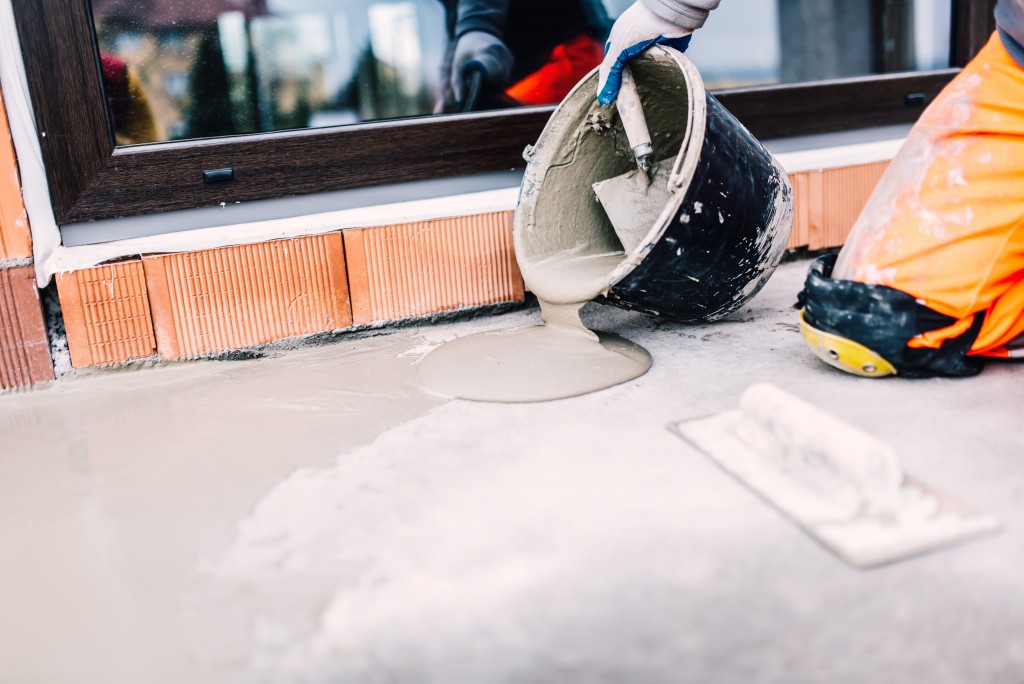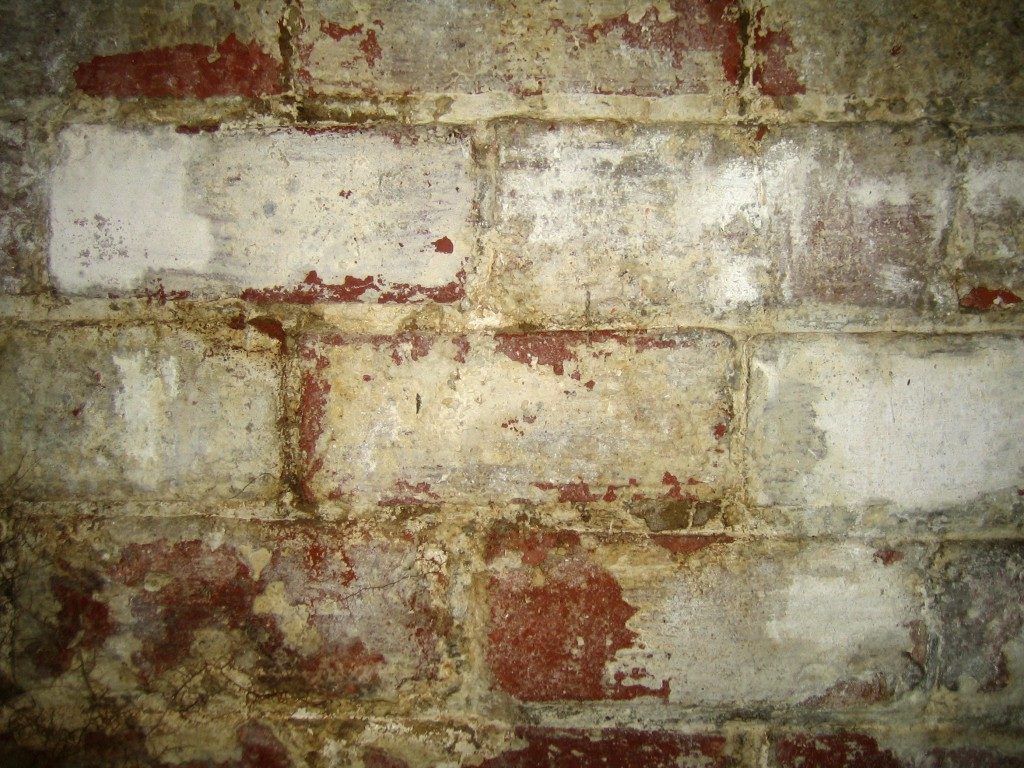So, you’ve tried the basic remedies to dry out your basement, but are still having issues with moisture. While researching for other options, you come across products claiming to fix your wet basement problems by waterproofing your basement walls. Now, you’re wondering if waterproofing your basement is the solution you’ve been looking for.
The answer—yes, it’s possible. However, to ensure that you choose the right solution, you need to determine first if your moisture problems are due to excess humidity or they’re coming from outside your basement, notes one of the top home building, remodeling, and concrete foundation contractors in the Colorado area.
Finding Out Where Moisture is Coming From
Secure a piece of 1ft square aluminum foil to your basement wall and leave for at least 24 hours. If you see condensation outside the foil, your problem is probably due to excess humidity. Try fixing this issue with a humidifier for your entire house or a portable dehumidifier in your basement instead of waterproofing the walls.
On the other hand, if you see condensation on the side of the foil that’s next to a wall, your moisture issues might be stemming from the soil surrounding your home, either due to poor drainage or the soil being naturally damp. If this is the case, you could consider waterproofing the walls.
Options for Waterproofing Interior Basement Walls

- Concrete coatings – These are similar to cement that upon drying would permanently stick to masonry and concrete walls.
- Silicate-based concrete sealant – Likewise called densifiers, these soak in and then react chemically with properties in brick or concrete walls to form a durable, waterproof surface.
- Plastic panels and sheets – These are ideal for waterproofing, but only when combined with interior drainage systems. While these can’t actually stop water from seeping into your basement walls, they could stop water from destroying stuff in your basement.
Note though that these waterproofing products won’t work if there are gaps and cracks in your basement walls, so be sure to seal the walls before waterproofing them.
What About Exterior Waterproofing?
The best option for waterproofing basement walls is through exterior waterproofing. This is, however, the most expensive option but also the most cost-effective in the long run. This waterproofing option involves the excavation of soil surrounding the house up to the foundation walls and the installation of waterproofing membrane or coating and drainage panels. These panels would provide a pathway for water to be directed to a French drain located in the bottom of your home’s foundation, away from your home into your storm drain, or somewhere far from your home.
Every situation is different. This means it’s important to understand the root cause of your moisture problems first. But while issues might vary significantly from basement to basement, prevention is always better than repairs. Water damage could result in major issues, which in turn, could lead to expensive repairs. Taking the necessary steps to waterproof the basement walls prior to seeing actual water instead or excess moisture in your basement would give you the best possible results.

